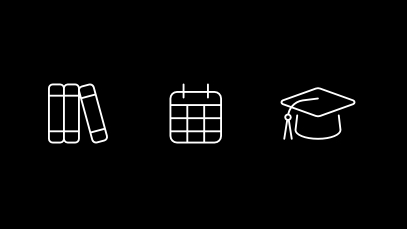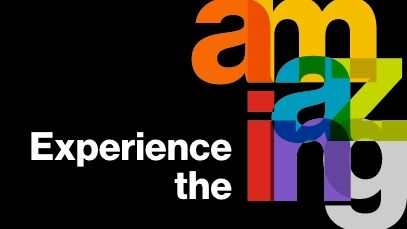RIT Croatia is part of the RIT global campus with campuses in the USA, Dubai, China and Croatia. Our permanent orientation is to build linkages between our campuses and develop our wider international partnerships. We support the EU Modernization and Internationalization Agenda for Higher Education, and the Erasmus Charter for Higher Education, which we find crucial for the realization of our institutional plans.
We strongly believe that higher education plays a strong role in building open, free and prosperous societies. We are committed to greatness and strive to create an international, multi-cultural and fully inclusive global campus. We promote and value diversity within our workforce and student base, and provide equal opportunity to all individuals. We believe that higher education is not just the privilege of the elites and that diversity makes our institution stronger. We develop our commitment through our outreach activities, admission and our policy to provide various kinds of financial assistance to help eradicate barriers to entry, progress and mobility.
These core values permeate all our international engagements. Our international partnerships facilitate student mobility and recruitment, faculty development in teaching and learning, as well as joint research and capacity building. The presence of international students, faculty and staff enriches the learning and working at our campuses. Internationalization broadens our experiences and skills through contact with various cultures, countries and points of view. We strive to equip our students and staff to succeed in the increasingly globalized environment by carefully crafting the international nature of all our programs, by being exposed to the experiences of international students, and through special processes of learning and skill development. We make innovative use of new information, communication and media technologies to connect our campuses, enrich teaching and student experience. We actively disseminate information in our institution, to our local communities and beyond about examples of beneficial outcomes of our international activities.
Our international aspirations position us on the special place in the Croatian market because we specially appeal to those students who want to add an international dimension to their education. While our innovative approach to internationalization is built through the network of campuses in the US, Dubai, China and Croatia, our graduating students have an additional benefit of obtaining two diplomas: the Croatian and the US one.
Our international partners are carefully chosen based on the compatibility and aspiration of their programs, opportunities they add to diversify our experiences, and also on the scope and quality of joint activities that can be developed. These include student/faculty exchange, visiting staff, joint research and other. In order to ensure that our partnerships conform to our development strategy, the President & Dean has to approve every new international partnership and engagement. By signing the relevant agreements he ensures that every new partnership will advance our international strategic objectives, and that the suggested partner is a suitable ‘fit’ in terms of their position, organization, academic profile and reputation. In all our activities we recognize the importance of evaluation and benchmarking with our peers, in order to further develop our practices and strategies.
One of the most important objectives of our internationalization policies is making sure that our current teaching programs are relevant and up to date. In our mobility initiatives we want to make sure that our students enhance their global awareness and employability skills. Our faculty and staff who also regularly participate in international exchange opportunities also enrich their working experience and portfolio of skills. We are committed to provide the best possible service and a fully inclusive environment to all visiting students, faculty and staff.




















